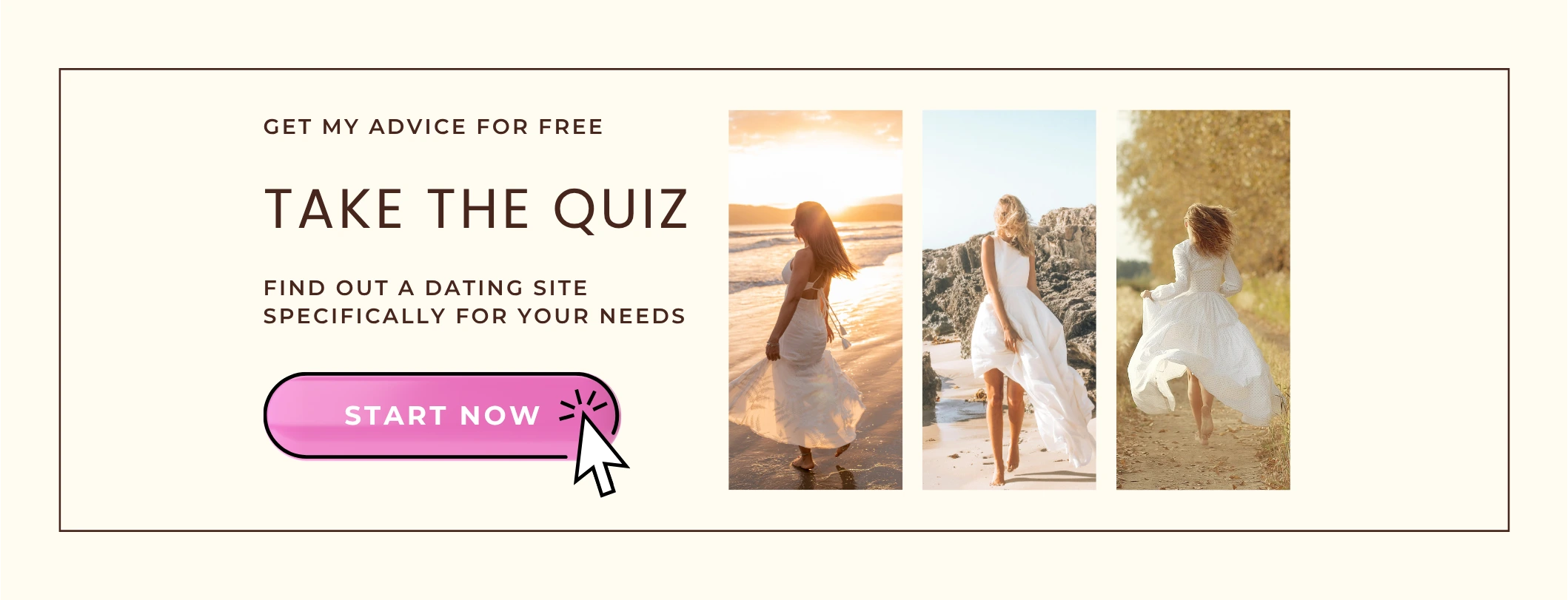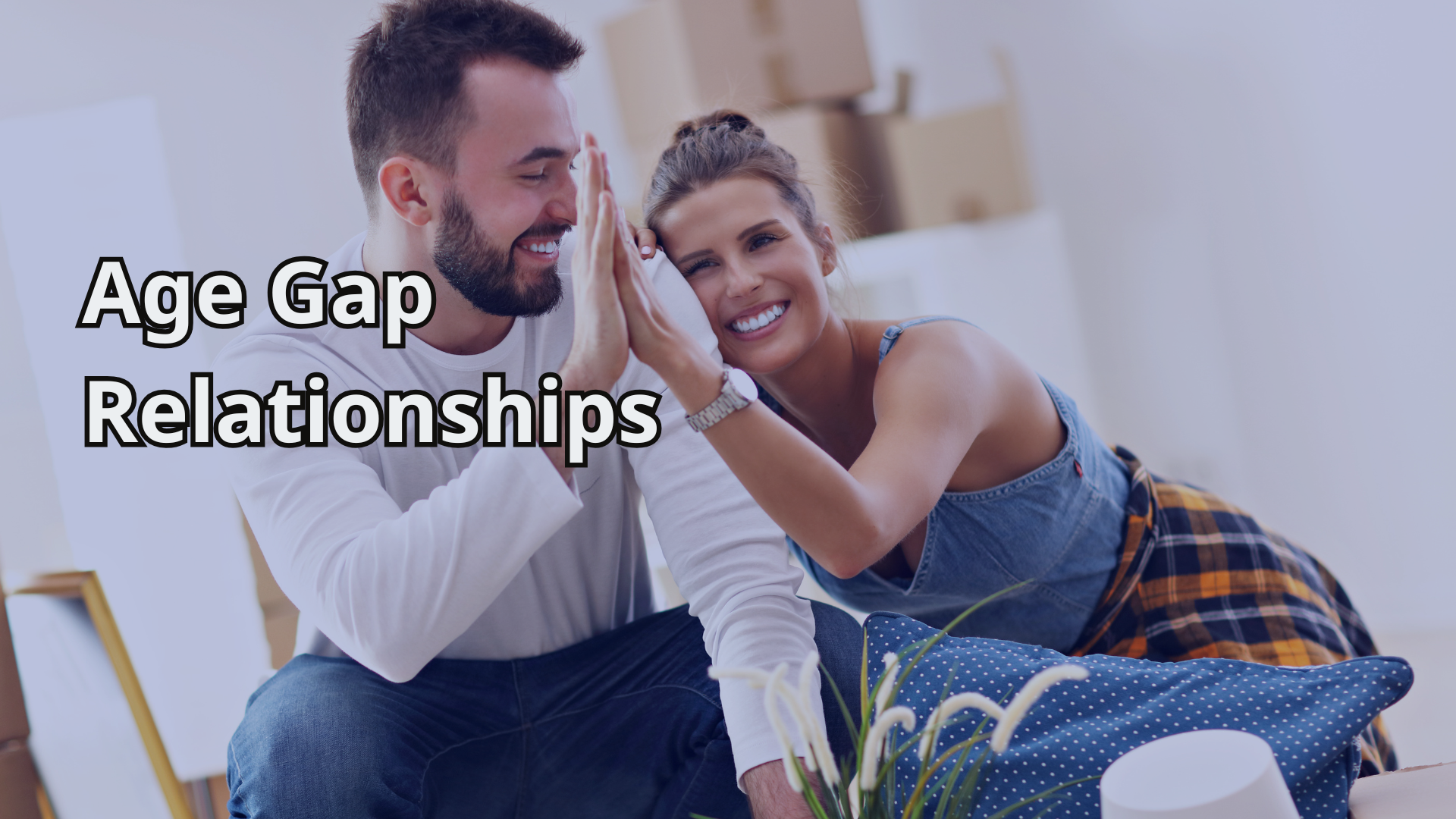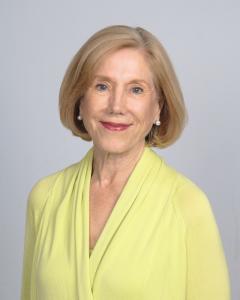Hi, I’m Dr. Peggy Bolcoa, a licensed marriage and family therapist in Costa Mesa, California. With more than two decades in private practice, I focus on helping people build strong bonds through Emotionally Focused Therapy. I deal with everything from anxiety and betrayal to stage-of-life shifts that hit relationships hard. I also write for sites like thedatingvibes.com, where I give practical advice on modern love, including how online dating changes the game for couples with age differences. Today, I want to talk about relationships with age gaps. These setups get a lot of attention, and not always the good kind. But from my chair, I’ve seen them succeed when people handle the dynamics right.
Let me start with a quick story from my practice. A couple came to me last year: she was 28, he was 42. They met through SofiaDate – you know, one of those platforms where you swipe based on shared interests. At first, things felt electric. She loved his steady life, and he admired her take on things. But soon, family opinions and life goal mismatches started to creep in. We worked through it with open talks, and now they’re solid.

What Draws People to Age Gap Relationships?
People often ask me why folks choose partners with big age differences. In my experience, it boils down to a few key factors. First, maturity levels don’t always match birth dates. I’ve had clients where the younger one acts more grounded than the older partner. Second, life experiences play a huge role. An older person might bring wisdom from past jobs or travels, while a younger one adds energy and new ideas.
From what I’ve seen in sessions, many couples in age gaps connect over shared values, not just looks or money. Take online dating: on sites like LanaDate, algorithms match based on hobbies and goals, so age becomes secondary. A 2022 Ipsos poll found that nearly 40% of Americans have dated someone 10 years apart or more. That’s a big number, and it shows these relationships are more common than you think.
In my work, I notice patterns. Men often prefer younger partners as they age, according to a study in Personal Relationships that looked at over 35,000 couples across Europe. At 25, men pick women about three years younger, and that gap grows to 14 years by age 80. Women start with older partners but shift to slightly younger ones after 60. This ties into evolutionary ideas, where men seek fertility cues and women look for stability. But psychology adds layers – attachment styles matter more than age alone.
Key Statistics on Age Gaps in Relationships
Let’s look at the numbers, because data helps cut through myths. The average age difference in U.S. heterosexual marriages is 2.2 years, down from 4.9 years in 1880, per Pew Research. But for same-sex couples, gaps are bigger: 25% of male-male unions and 15% of female-female ones have 10+ years apart.
An Australian study on marital satisfaction found couples with 1-3 year gaps report the highest happiness. Satisfaction drops for 4-6 years and plummets for 7+ years, with faster declines in the first decade of marriage. Another study from Korea linked gaps over three years to higher depression rates.
In remarriages, gaps widen. Over half of remarried men have partners within five years, but that’s lower than first marriages. And success rates? Couples with 10-year gaps are 39% more likely to split, jumping to 95% for 20 years. But remember, these are averages. I’ve helped many beat the odds.
What’s the Best Age Gap in a Relationship?
Patients often ask, “What’s the best age gap in a relationship?” Based on research, 1-3 years seems ideal for long-term success. A study in Demographic Research says a one-year gap gives the lowest divorce risk at 3%. Why? Similar life stages mean easier alignment on kids, careers, and fun.
But is a 2 year age gap bad? No way. Most couples fall here, and they do fine. Same for a 3 year age gap – not bad at all, as long as you communicate. A 4 year age gap? It might add slight strain, but nothing major if you’re on the same page. I’ve seen gaps up to 15 years work when partners share core beliefs.
In online dating, apps let you set age ranges, so you can test what feels right. One client, a 35-year-old woman, widened her filter to include men up to 50. She found a great match 12 years older, and they’re happy now.
The Psychology Behind Age Difference in Relationships
Age gaps in relationships tap into deep psychology. Emotionally Focused Therapy, which I use daily, looks at attachment. Secure attachments help bridge gaps, but anxious or avoidant styles can magnify issues.
Power dynamics come up a lot. Older partners might hold more financial sway, which leads to imbalances. In sessions, I help couples spot this and even it out. Maturity differences? Age doesn’t guarantee wisdom. A 2015 study showed age alone doesn’t predict coping skills.
Evolutionary psych explains preferences: men for youth, women for resources. But modern life adds twists, like women out-earning men. In my practice, I see younger partners bringing tech savvy, while older ones offer emotional depth.
One patient, let’s call him Tom (52), dated Lisa (34). He said, “I feel young again with her energy.” She added, “His calm helps me chill.” We focused on their attachments, and it clicked.
Benefits of Relationships with Age Gaps
Don’t get me wrong – age gaps have upsides. Here are six I see often in my practice and backed by what folks report:
- Fresh Views: Younger partners introduce new trends, older ones share history. This keeps things lively and opens your eyes to different ways of seeing the world, like one couple where she showed him TikTok dances and he taught her about classic rock.
- Stability Boost: Older folks often provide security, which helps during tough times. This can mean financial steadiness or emotional support, which makes the relationship feel more solid from the start.
- Growth Opportunities: You learn from each other. A client in her 40s with a 28-year-old boyfriend said he pushed her to try hiking, while she taught him budgeting. These exchanges promote personal development and keep both partners evolving.
- Better Intimacy: Mix of experience and enthusiasm can spark things. Research shows some gaps improve longevity for men, and in my sessions, couples often say the blend leads to more satisfying physical and emotional closeness.
- Less Pressure: In online setups via SakuraDate, age gaps feel natural when matches focus on compatibility. There’s often less rush to hit milestones, which gives space for the bond to grow at its own pace.
- Deeper Communication: Age differences push couples to talk more openly about needs and expectations. Studies suggest this extra effort builds stronger emotional ties, as partners work harder to understand each other.
Holly Wood, a sex therapist, notes these bonds foster growth through varied stories. I’ve witnessed it firsthand, and with the right mindset, these perks can outweigh any downsides.
Common Challenges in Age Gap Relationships
No relationship is perfect, and age differences bring specific hurdles. Here are four big ones from my caseload:
- Life Stage Mismatches: One wants kids, the other retirement. A couple with a 18-year gap struggled here until we aligned goals.
- Social Judgment: Family and friends judge. “They’re after money,” they say. I tell clients to set boundaries.
- Health Gaps: Older partners face issues sooner. A study links big gaps to survival differences.
- Power Plays: Financial or experience edges can tilt things. We address this in therapy.
Online dating amplifies this – profiles show ages upfront, so stigma hits early. But open chats help.
A story: Sarah (45) and Mike (29) met on LatiDate. Friends questioned motives. In sessions, we built their confidence, and now they ignore the noise.
Answering Your Questions: Is a Small Age Gap Bad?
Let’s look at the specifics. Is a 3 year age gap bad? Absolutely not – it’s common and stable, with couples often sharing similar pop culture references and energy levels. A 2 year age gap? Fine, with high satisfaction rates, as studies show minimal divorce risk hikes here. Is a 4 year age gap bad? Mild drop in happiness, but workable if you talk about future plans early.
What about a 1 year gap? That’s even better – lowest divorce odds at just 3%, per data. And a 5 year gap? It starts to introduce small challenges like differing career stages, but I’ve seen plenty succeed. Bigger gaps need more work. Surveys show 10+ years raise divorce odds, but individual factors count. In my view, compatibility trumps numbers. If you’re on NaomiDate and see a small gap, go for it – shared life phases make things smoother.
Tips from My Practice for Making Age Gaps Work
As a therapist, here are my top eight tips, with some quick notes from sessions:
- Talk openly about expectations – cover kids, money, and fun right away to avoid surprises.
- Ignore outsiders – focus on your bond; set firm boundaries with family who judge.
- Balance power with joint decisions – share bills and choices to keep things fair.
- Plan for future health and goals – discuss aging and dreams to stay aligned.
- Use online tools to find like-minded folks – adjust filters for compatibility over age.
- Seek therapy early if tensions rise – EFT helps rebuild secure ties.
- Celebrate differences as strengths – turn age variances into learning moments.
- Check in regularly – monthly chats about feelings prevent small issues from growing.
One quote from me: “Age is just a number when love is the foundation.” These steps have saved many couples in my office.
For research, check this PMC article on survival impacts.
Stories from My Patients
I’ve changed names, but these are real. Emma (32) and John (48) met on SofiaDate. She worried about kids; he had grown ones. We discussed timelines, and they compromised on adoption. Now married, they say therapy made them stronger.
Another: Alex (25) and Maria (39). He felt immature at times. Through EFT, we built his confidence. “Dr. Bolcoa helped us see our strengths,” Alex said. They travel a lot now, blending her experience with his adventure spirit.
One more: Lisa (29) and Ben (50). They connected via LanaDate over books. Family doubted, but we worked on communication. Ben shared, “Her youth reminds me to live fully.” They’re engaged, which proves gaps can lead to deep love with effort.
These tales show hope.
Celebrity Age Gap Relationships: What We Can Learn
Celebrities often shine a light on age gap relationships, and in 2025, they’re more visible than ever. Take Cher at 78 and Alexander “AE” Edwards at 39 – a 39-year difference. They started in 2022, and despite buzz, they seem happy, showing music and shared vibes can bridge years. Alec Baldwin (67) and Hilaria (41) have a 26-year gap; married since 2012, they’ve built a big family, proving stability matters.
Other pairs like Bradley Cooper and Gigi Hadid, or Beyoncé and Jay-Z (12 years), highlight success when partners support careers. Nick Viall (43) and Natalie Joy (25) from Bachelor fame have an 18-year gap; he says age is just a number. Anna Camp has spoken out against negativity on age gaps, urging people to mind their business.
From my perspective, these stories teach us to ignore critics. Like my patients, celebs face scrutiny but thrive on mutual respect. A 2025 BuzzFeed list notes 25 couples with 10+ years apart, many lasting decades. Hollywood shows gaps work with open talks, much like in therapy. If stars can handle it under spotlights, everyday folks can too. Dating sites help find similar matches, minus the fame.
How Culture Shapes Age Gap Relationships
Culture plays a big part in how age gaps get viewed. In Western societies, big differences often draw judgment, seen as power imbalances. But in places like Africa, average gaps are three times larger than in the West, with marriages focusing on family ties over individual romance. Middle Eastern cultures also accept wider gaps, where stability from older partners is prized.
In my practice, I’ve seen immigrant couples struggle with this clash. A client from the Middle East, 25, dated a 45-year-old American; her family approved, but his friends questioned. We talked about blending norms. Research shows some cultures see age disparities as normal, reducing stigma. For example, in Asia, older men with younger wives tie to traditions of provision.
But challenges arise in mixed-culture pairs: different views on roles or holidays. One study notes exploitation risks in traditional setups, but conscious efforts flip that. I advise respecting both backgrounds – learn languages, celebrate customs. Online dating exposes users to diverse cultures, widening age preferences naturally.
Overall, culture isn’t fixed; 2025 sees more acceptance globally as media normalizes gaps. In therapy, we use EFT to bridge cultural and age divides, turning differences into strengths. If you’re in a cross-cultural age gap, embrace it – it adds richness.
Online Dating and Age Gaps: Trends in 2025
Online dating has transformed age gap relationships by 2025. Stats show 4 in 10 Americans have tried a 10+ year difference, often starting on apps. Forbes Health reports 79% of under-30 daters use Tinder, but older users join too, with 44% aged 30-49. Seniors lead trends: a Pew study says 63% now see age gaps as valid, up from 41% a decade ago.
Platforms like LanaDate make it easy – expand age filters, and matches flow based on interests. A survey found 14% of women 45-55 open to younger men, while 16% of men 18-24 seek older women. This shift reduces stigma; apps focus on compatibility, not years.
In sessions, clients say SofiaDate helped them find gaps they wouldn’t in person. One woman, 50, matched a 35-year-old; they bonded over hikes. But watch for mismatches – differing tech use or references. Stats show 40% of users 18-29, dropping for older groups, but cross-age swipes rise.
Younger women often pick older men for maturity, per insights. Therapy helps navigate this digitally. In 2025, apps aren’t perfect – oversaturation means slim margins – but for age gaps, they’re gold. Try them, but meet soon to test chemistry.
My Conclusions as a Psychotherapist
In the end, relationships with age gaps can bring joy if handled well. The psychology shows challenges like imbalances, but benefits like growth outweigh them for many. Whether a 2-year or 10-year gap, success comes from communication and shared values.
If you’re in one or thinking about it, remember: love doesn’t check IDs. Try sites like SofiaDate for connections that fit your life. And if you need help, therapy works wonders. As I always say, “Build secure bonds, no matter the years between you.”

